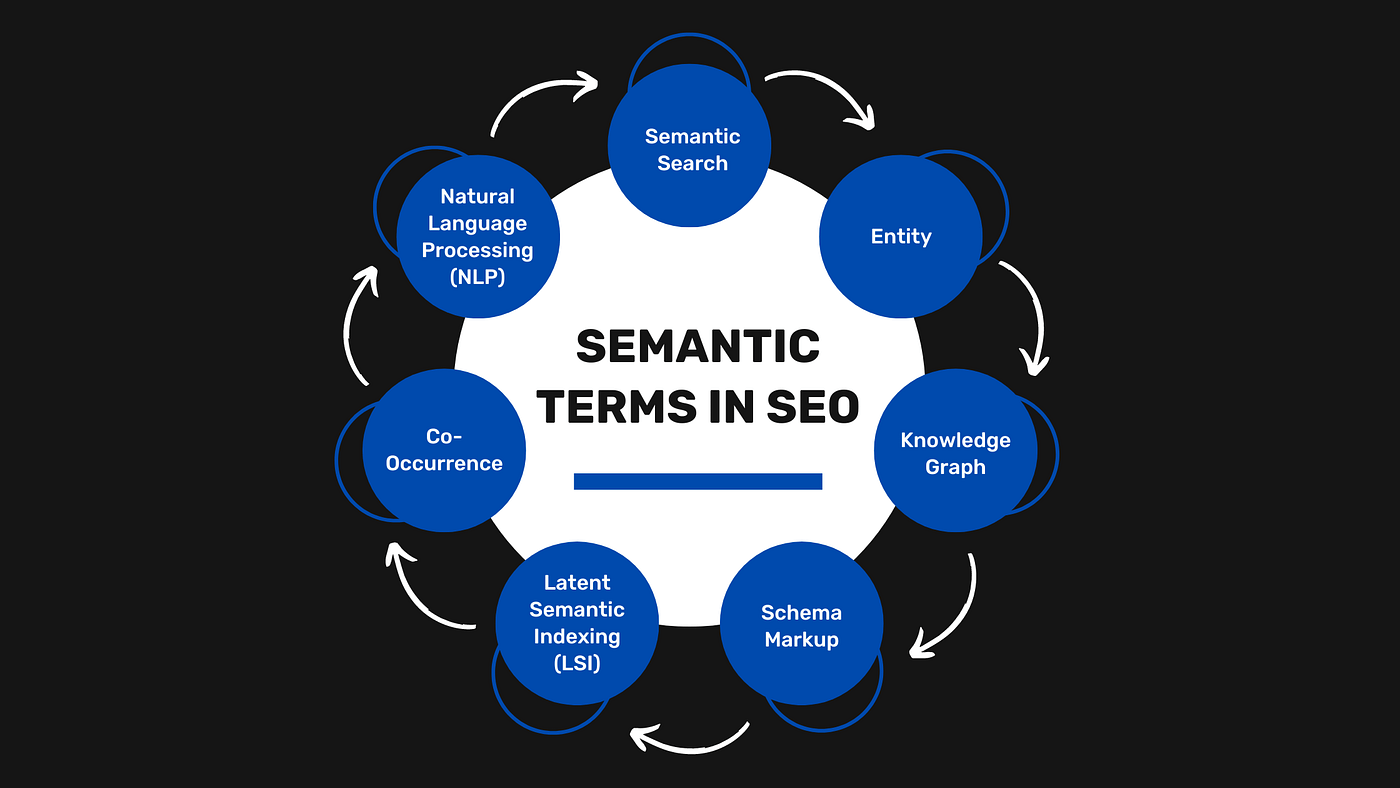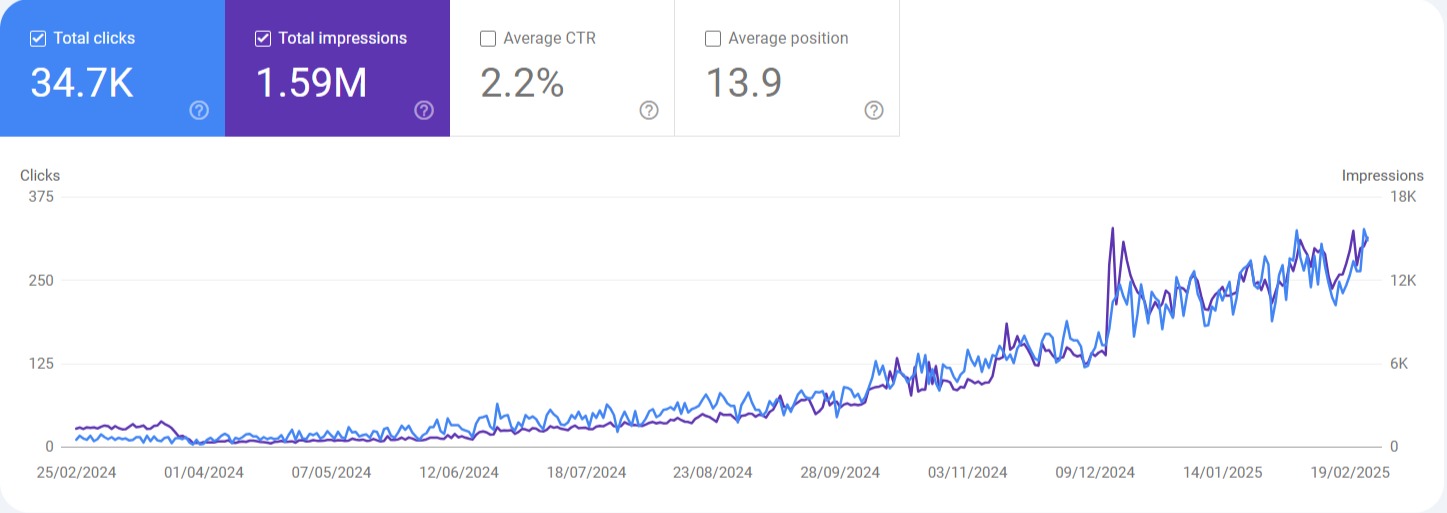Semantic Search: The Future of Smarter SEO and User Intent Optimization

Table of Contents
The Evolution of Search Engines
Gone are the days when search engines merely matched keywords with webpages. Today, Google and other search engines rely on semantic search to understand user intent, context, and the relationships between words.
If you’re a business owner, digital marketer, or SEO specialist, understanding semantic search is crucial for optimizing your content and ranking higher in search engine results pages (SERPs).
In this article, we’ll explore:
- What semantic search is and how it works
- The impact of semantic SEO on rankings
- How to use semantic keywords effectively
- Best practices to future-proof your content strategy
Let’s dive in.
What Is Semantic Search?
Defining Semantic Search
Semantic search is a search engine’s ability to understand the meaning behind a query rather than just matching exact words. It considers:
- User intent (Why the person is searching)
- Context (Past searches, location, device)
- Synonyms and variations of keywords
- Entity recognition (People, places, things)
For example, if you search “best places to eat near me,” Google understands that you’re looking for restaurants in your vicinity rather than just showing pages containing those exact words.
How Search Engines Use Semantic Search
Search engines like Google use natural language processing (NLP) and machine learning (ML) to analyze search intent. Key components include:
- Google’s Knowledge Graph: A database that connects entities and concepts
- BERT (Bidirectional Encoder Representations from Transformers): A Google algorithm that enhances understanding of natural language
- RankBrain: Google’s AI system that processes and ranks search results
These technologies ensure that results are more relevant to what users actually want.
How Semantic SEO Changes Traditional SEO Practices
What Is Semantic SEO?
Semantic SEO refers to optimizing content for meaning and intent rather than just keywords. Instead of stuffing pages with exact-match keywords, the focus is on:
- Answering user queries comprehensively
- Using semantic keywords and related terms
- Structuring content with a logical flow
Why Semantic SEO Matters
- Better Rankings: Google rewards pages that provide deeper, more relevant content.
- Improved User Experience: Visitors find more helpful information, reducing bounce rates.
- Voice Search Optimization: Conversational searches are increasing, and semantic SEO helps optimize for them.
- Adaptability to Algorithm Changes: With every Google update, content that focuses on meaning rather than keyword repetition performs better.
Example of Semantic SEO in Action
Imagine you run a travel blog and write about “Best Beaches in Thailand.” Instead of just targeting “best beaches in Thailand,” semantic SEO would involve:
- Discussing specific beaches (e.g., Maya Bay, Railay Beach)
- Covering related topics (e.g., best time to visit, water sports, nearby hotels)
- Using semantic keywords like “tropical beach destinations” or “Thailand travel guide”
This makes the content more comprehensive and user-friendly, increasing its chances of ranking higher.
How to Use Semantic Keywords for SEO Success
What Are Semantic Keywords?
Semantic keywords are words and phrases related to your primary keyword. Instead of repeating one keyword, semantic keywords allow search engines to understand context and intent more effectively.
For example:
- Primary Keyword: “Digital Marketing”
- Semantic Keywords: “Online advertising,” “content marketing,” “SEO strategies,” “lead generation”
How to Find Semantic Keywords
- Google’s “People Also Ask” Section
- Example: Searching “best laptops for students” might show related queries like:
- “Which laptop is best for students on a budget?”
- “What features should a student laptop have?”
- Example: Searching “best laptops for students” might show related queries like:
- LSI Graph or Related Searches at the Bottom of Google SERP
- Google Trends & Keyword Research Tools (Ahrefs, SEMrush, Ubersuggest)
Where to Include Semantic Keywords in Content
- Title & Headings (H1, H2, H3)
- Meta Descriptions & Alt Text
- First 100 Words of the Content
- Throughout the Body (Naturally)
- In Internal and External Links
Using semantic keyword search techniques helps Google better understand your content, boosting relevance and rankings.
Best Practices for Optimizing Content with Semantic Search
1. Create Topic Clusters Instead of Isolated Keywords
Rather than writing multiple separate articles, build topic clusters—a main page (pillar page) linking to detailed subtopics.
Example for a fitness website:
- Pillar Page: “Ultimate Guide to Strength Training”
- Subtopics:
- “Best Dumbbell Exercises for Beginners”
- “How to Prevent Injuries in Weightlifting”
- “High-Protein Diets for Muscle Growth”
This boosts topical authority and improves SEO performance.
2. Optimize for Voice Search
With voice assistants like Alexa and Google Assistant, conversational searches are growing.
Tips:
- Use question-based queries (“How do I lose weight fast?”)
- Write content in a natural, spoken tone
- Structure answers in concise paragraphs for featured snippets
3. Use Structured Data (Schema Markup)
Structured data helps search engines better understand your content.
- Article Schema improves blog visibility
- FAQ Schema helps get featured in Google’s “People Also Ask” section
- Local Business Schema improves local search rankings
4. Improve Internal Linking Strategy
Linking related pages within your website helps build context and improves navigation. Example:
- A page on “Best Hiking Trails in Malaysia” can link to “Essential Hiking Gear Checklist”
This boosts SEO while keeping visitors engaged.
FAQs on Semantic Search & SEO
1. How Does Semantic Search Differ from Traditional Keyword Search?
Traditional SEO focuses on exact-match keywords, while semantic search prioritizes context, synonyms, and intent.
2. Do I Still Need to Use Keywords in My Content?
Yes, but focus on semantic variations instead of stuffing one keyword multiple times.
3. How Do I Optimize My Website for Semantic Search?
- Use natural language and comprehensive content
- Implement structured data
- Optimize for voice search
- Build topic clusters
Future-Proof Your SEO with Semantic Search
Semantic search is the future of SEO, ensuring that search engines deliver relevant, high-quality results to users. By focusing on semantic SEO, semantic keywords, and structured content, businesses can improve rankings, enhance user experience, and adapt to Google’s evolving algorithms.
Ready to optimize your content for semantic search?
At Hypercharge SEO agency, we specialize in advanced SEO strategies that future-proof your business. Contact us today for a free consultation!
- Up to 5 times more calls
- And up to 3 times more walk-ins

